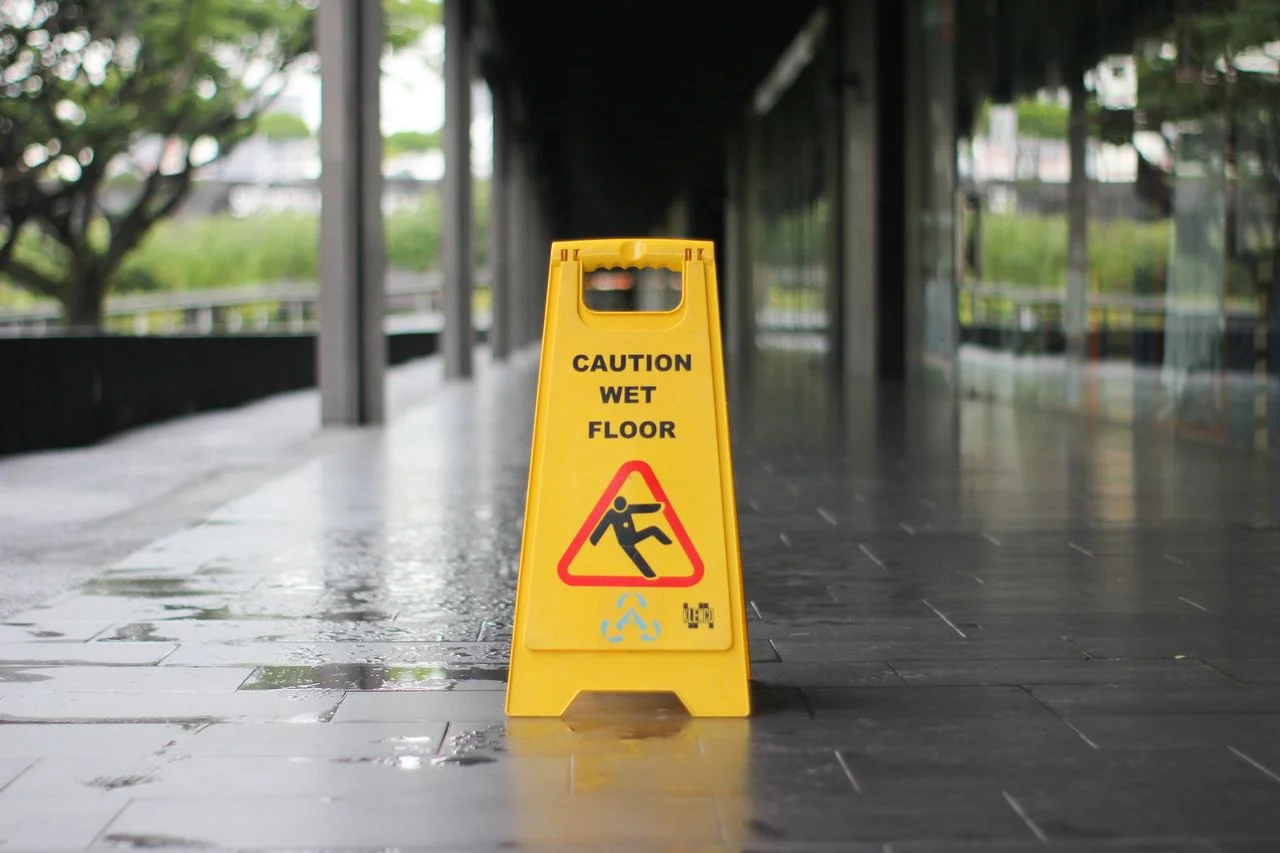Comparative Fault in Florida’s Premises Liability Claims

When accidents occur on someone else’s property, the question of liability often arises. In Florida, premises liability claims can be complex, especially when both the property owner and the injured party may share some degree of responsibility. This blog post aims to shed light on the concept of comparative fault in Florida’s premises liability cases, providing insights into how shared responsibility can impact legal claims and compensation.
Understanding Comparative Fault
Florida’s legal system follows a principle known as comparative fault, also referred to as comparative negligence. Comparative fault is a fundamental concept in personal injury law, including premises liability cases. It essentially means that when an accident occurs, both parties involved, the property owner and the injured party, can share a degree of responsibility for the incident.
How Comparative Fault Works
In a premises liability case, comparative fault works as follows:
- Determining Fault: The court assesses the actions and behavior of both the property owner and the injured party leading up to the accident. This includes whether the property owner maintained a reasonably safe environment and whether the injured party exercised reasonable care.
- Assigning Percentages: Based on their findings, the court assigns a percentage of fault to each party. For example, the property owner may be found 60% at fault, and the injured party 40% at fault.
- Impact on Compensation: The compensation the injured party can receive is then adjusted based on their percentage of fault. In the above example, if the total compensation is $100,000, the injured party would receive $60,000 (60% of the total).
Premises Liability and Comparative Fault
Premises liability cases can encompass various scenarios, including slip and falls, trips, dog bites, or other accidents occurring on someone’s property. Shared responsibility may come into play due to factors such as:
- Contributory Negligence: The injured party’s failure to exercise reasonable care while on the property, such as not paying attention to warning signs or engaging in risky behavior.
- Property Owner Negligence: The property owner’s negligence, such as failure to maintain safe conditions, fix hazards, or provide adequate warnings to visitors.
- Assumption of Risk: In some cases, the injured party may be found to have willingly assumed a certain level of risk by entering the property. This can impact the degree of shared responsibility.
Seeking Legal Counsel
In premises liability cases involving comparative fault, seeking legal counsel is crucial. An experienced personal injury attorney can:
- Assess Your Case: Review the circumstances surrounding your accident and evaluate the degree of shared responsibility.
- Navigate Legal Proceedings: Guide you through legal processes, including negotiations with the property owner’s insurance company and potential litigation.
- Maximize Compensation: Work to maximize the compensation you receive, even when shared responsibility is a factor.
Conclusion
In Florida’s premises liability cases, understanding comparative fault is vital for both property owners and injured parties. It’s a legal principle that recognizes that accidents can sometimes result from a combination of factors. If you’ve been injured on someone else’s property, it’s essential to consult with an experienced attorney who can assess your case, determine shared responsibility, and help you pursue the compensation you deserve, even when comparative fault is involved.

 Call Us Today - It's Free
Call Us Today - It's Free